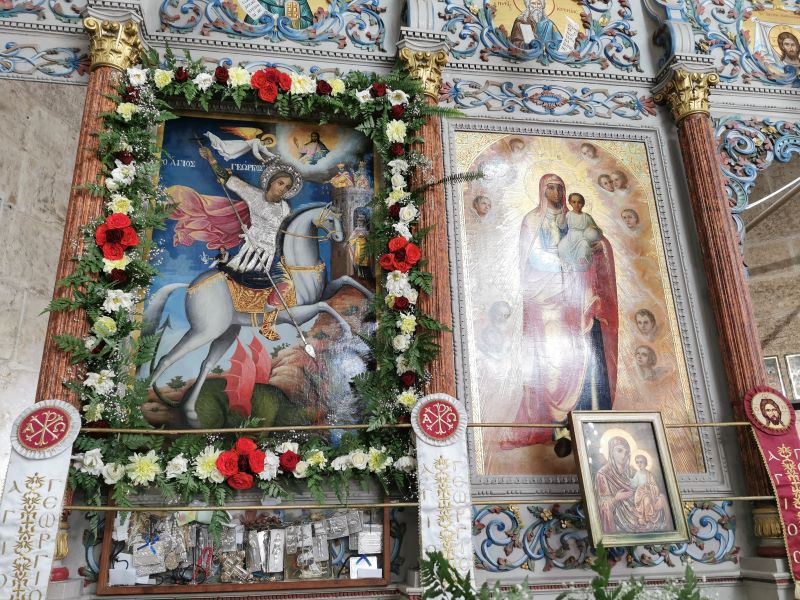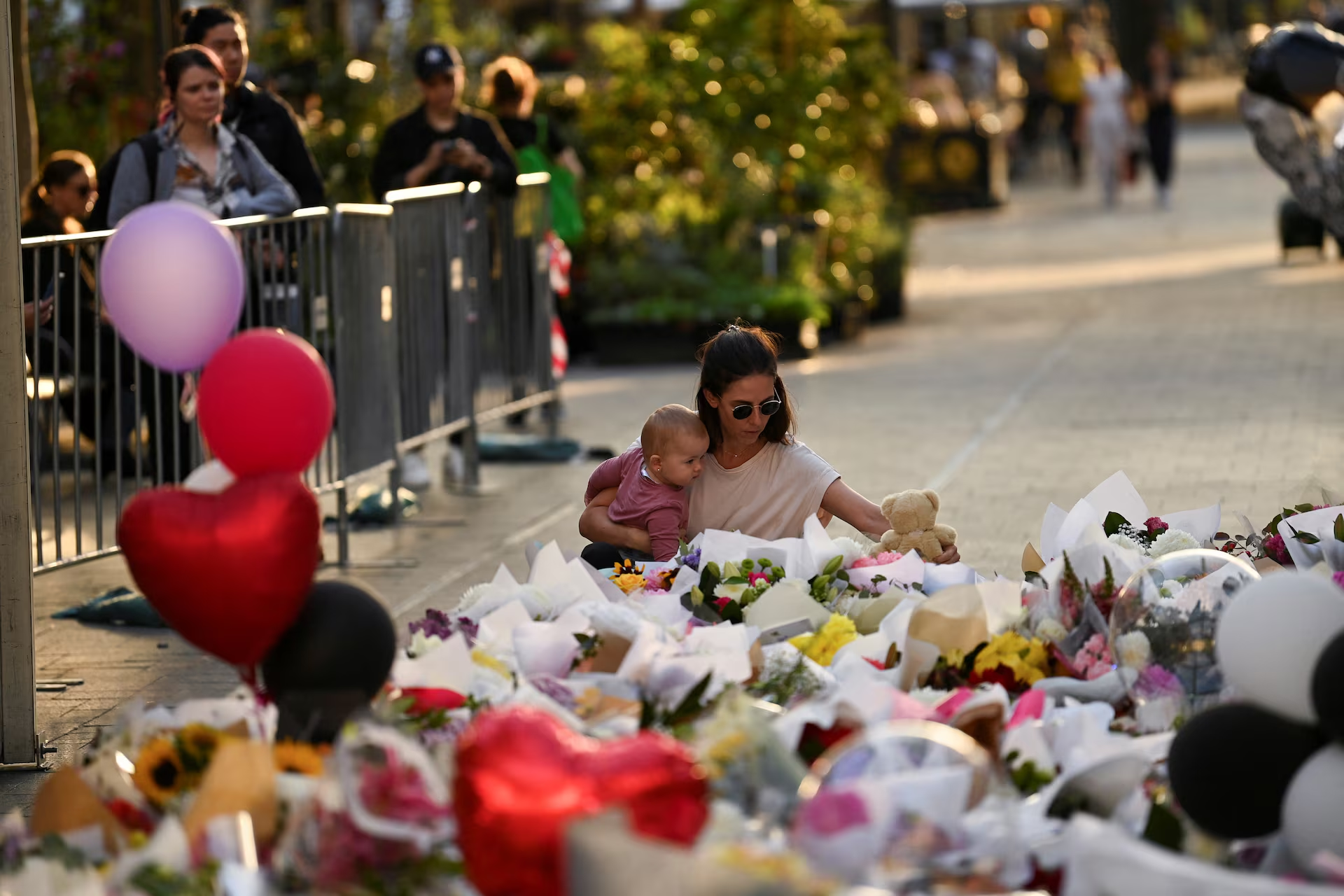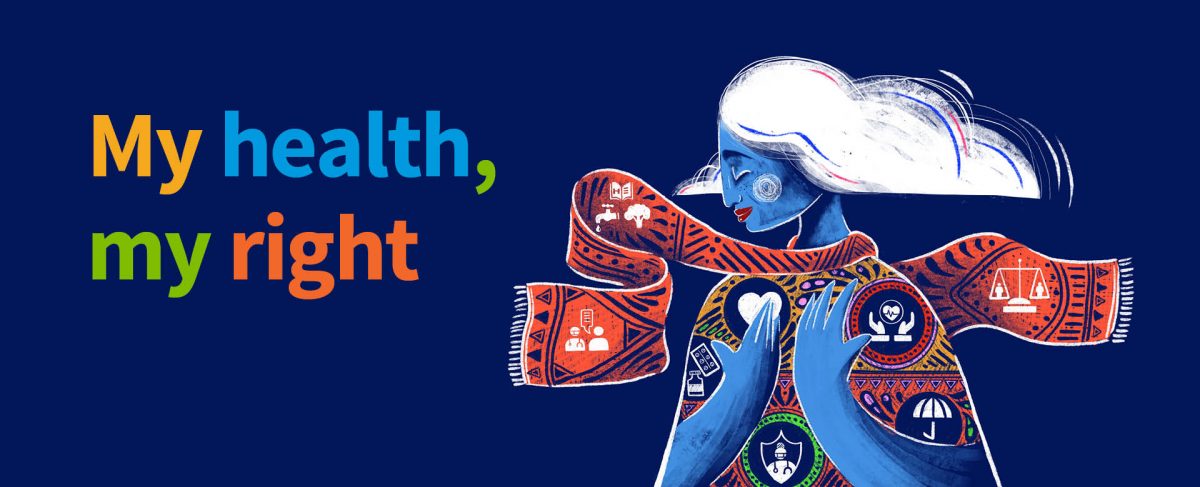St George Day
St George was an early Christian martyr and is venerated as a saint.
Saint George stands out among other saints and legends because he is known and revered by both Muslims and Christians. He is the patron saint of many peoples and nations even today.
Many of our VCC Member Churches celebrate Feast Days for St George and honour his life, witness and courage.
The Orthodox Churches celebrate St George’s Feast Day on 23 April (traditionally understood to be the day of his martyrdom), but if it falls before Easter, it is celebrated on Easter Monday.
The Coptic Orthodox Church (Egypt) call St George the “Prince of Martyrs” and celebrates his feast on May 1. There is a second celebration on November 17, in honour of the first church dedicated to him.
The Russian Orthodox Church celebrates three St George Feast Days each year – April 23 (the date of his death), November 3, to commemorate the consecration of a cathedral dedicated to him in Lydda (current day Lod in Israel), and on November 26, for when a church in Kiev (now Ukraine) was dedicated to him.
Saint George’s Day in Bulgaria is a national holiday always held on 6 May. For almost half a century, the communist government banned the holiday after it came to power in 1946. The holiday was reinstated in 1993 and is again a proud day for Bulgaria. It is also known as Army Day and Bravery Day.
Saint George is also the patron saint of England and St George Day is celebrated on April 23. His cross can be found throughout England. Even though St George never visited England, his reputation spread far and wide.
The life and martyrdom of St George
Saint George (also, George of Lydda) lived in the latter part of the third century A.D. during Diocletian’s rule of the Roman Empire. He was born around 256-286 CE in Cappadocia in Minor Asia and died 23 April 303.
His father’s name was Anastasius, and his mother’s name was Theobaste. They were pious Christians from noble and wealthy families. George was raised to follow the Christian faith of his parents.
George’s father was a Roman officer, martyred for his faith, when George was 14. His mother was a Greek native originally from Lydda (Syria Palestine), known in the biblical narrative as Lod* She and George returned there when George’s father died. She had family farmland there, and at that time it was mainly a Christian population.
(*eg in Acts 9:32, Lod was the place where the apostle Peter healed the paralytic Aeneas who had been lying paralysed for 8 years).
(*article about present day Lod and tensions post Oct 7)
At a young age, George served in the Roman army under Emperor Diocletian and was commended many times for his service to the Empire. From the rule of the Emperor Decian until 284 A.D., when Diocletian became emperor, the Church went through a period of peace and prosperity. Christians obtained important positions in the government during that time; many built churches and schools and organized the authoritative structure of the Church. Diocletian gave many of his loyal officers political positions so that he could have the military strength of his Empire on his side. After Diocletian had suppressed the barbarian tribes which were attacking the Empire and after he had secured its borders, he began to concentrate on the Empire’s internal affairs. Diocletian believed that a state religion could keep the empire united. Since paganism was the state religion, Diocletian focused his efforts toward the suppression of Christianity.
During the year 303 A.D., Diocletian summoned his aides to meet in Caesarea, a city of the Eastern Roman Empire. He held three general meetings with his aides, instructing them to persecute the Christians. St. George, since he had shown his excellence while serving in the army, was among these aides. Diocletian asked them to pledge their allegiance to this cause by making pagan sacrifices as proof of their loyalty.
All the aides pledged their loyalty except St. George, who gave all his belongings to the poor, and in front of Diocletian himself, tore the Emperor’s edict of persecution apart and professed his faith in Christ. He condemned the vanity of the idols and those who believed in them. He was resolute in standing firm in his loyalty to his Christ and his faith. For this he suffered terrible torture and was eventually beheaded.
To save George, one of his own loyal military officials, Diocletian attempted to convert him to believe in the Roman gods, and offered him land, money and slaves in exchange for offering a sacrifice to the Roman gods, and made several other offers that George refused.
Finally, the emperor, after exhausting all other options to convince George to recant his Christian faith, ordered him to be taken to prison and a boulder to be placed on his chest as a form of torture. The next morning Diocletian ordered that the prisoner be brought before him for questioning. George stood steadfast and again told Diocletain of the Christian teachings, the Godliness of the crucified Nazarene, and of his belief in the riches of the Kingdom of Heaven.
The emperor then summoned the executioners to take the saint and have him bound to the rim of a wheelset with sharp spikes. He was lacerated on the wheel of swords and required resuscitation three times, but still George did not turn from God. (Many other forms of torture are reported to have been used against George). Diocletian admired the courage of the saint and asked him to sacrifice to the gods to save himself. He refused Diocletian’s request and welcomed the chance to martyr for Christ, as his father had done.
Saint George had the divine zeal in his heart and delivered himself to death, a living sacrifice, holy and pleasing to God (c.f. Romans 12,1), paying heed to Saint Paul’s words: “For to me to live is Christ, and to die is gain” (Phil. 1,21). That is the reason why Saint George became an imitator and communicant of Christ’s passion. “He that abideth in me, and I in him” (John 15,5).
After praying to God, it is reported he heard a voice from heaven say, “Do not fear, George, I am with you.” With the help of Christ, the spiked wheel had had no effect on George. When he appeared before Diocletian, not only was he unharmed, but an angelic aura had settled about him. Suddenly, two officers of the Roman army, Anatolios, and Protoeon appeared before Diocletian with two thousand soldiers. They admitted their belief in Christ and Dioceletain had them all executed.
On April 23, 303 A.D., George was decapitated. His relics were transferred by Christians to their homeland, Lydda, and there he was buried. Christians went to his resting place to honour George as a martyr.
A witness of George’s suffering convinced Empress Alexandra of Rome to become a Christian as well – and she joined George in martyrdom.
When piety shone upon Constantine the Great, Saint Helen visited to the Holy Land and erected a magnificent Basilica abbove the tomb of Saint George. The consecration of that Church was held on November 3.
St George was canonised in AD 494 by Pope Gelasius, who claimed he was one of those ‘whose names are justly revered among men but whose acts are known only to God’.
During the Middle Ages, people believed that St George was one of the ‘Fourteen Holy Helpers’ – a group of saints who could help during epidemic diseases. St George’s protection was invoked against several nasty diseases, many fatal and with infectious causes, including the Plague and leprosy.
(Not sure about the dragon though…)
The tomb where the relics of the St George were laid is now located in an Orthodox church dedicated to him. The first church was built in the 6th century. The temple was destroyed several times and was restored in its present form with donations from Russia. The consecration of the restored temple took place on November 3, 1872, the anniversary of the day when it was first consecrated. The Russian Church remembers and celebrates this event in the Menaion, in honour of the churches built and dedicated to Saint George in Russia.
References
Various sources including Wikipedia and Saint George Antiochian Orthdodox Church, St George Catholic Church and Coptic Crew.








